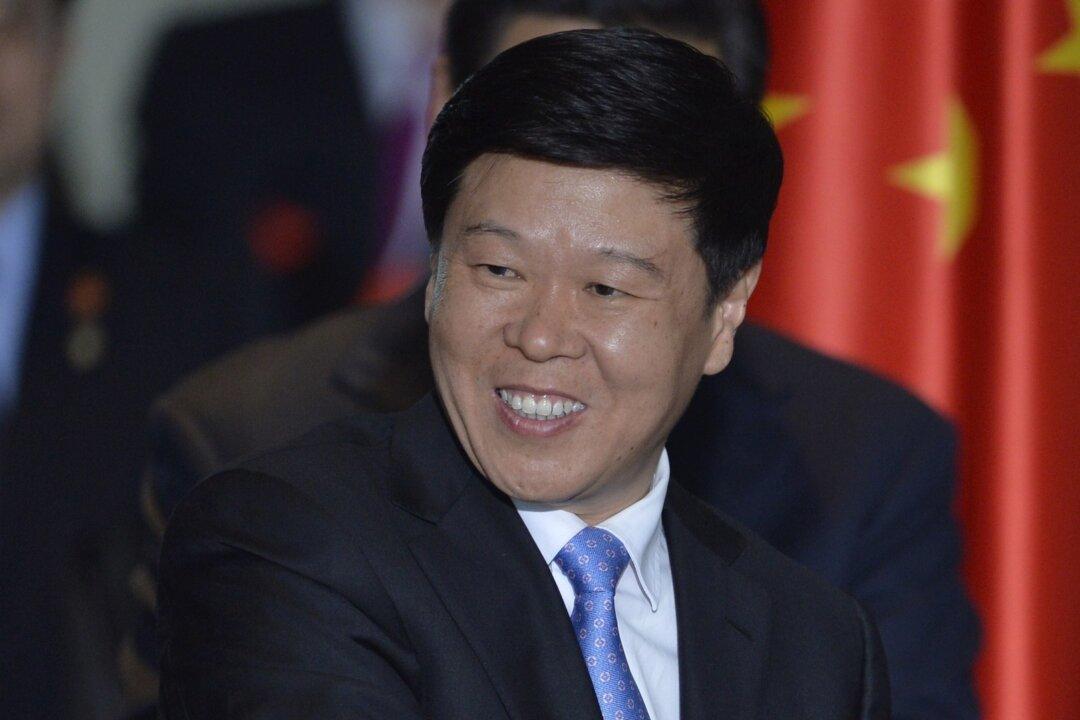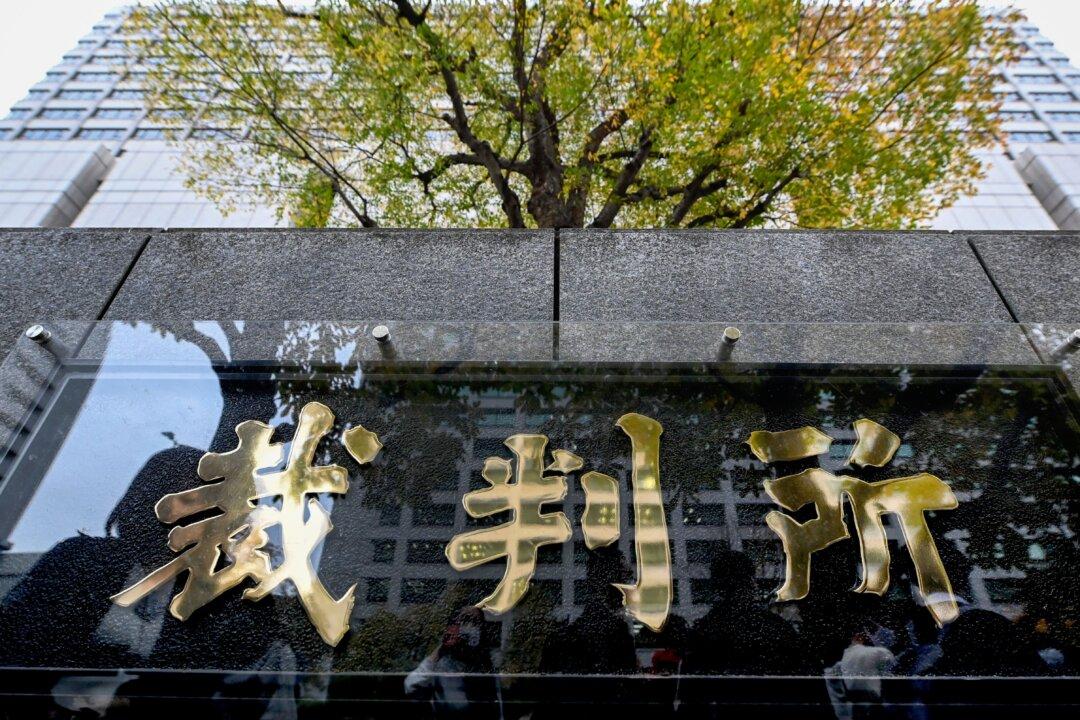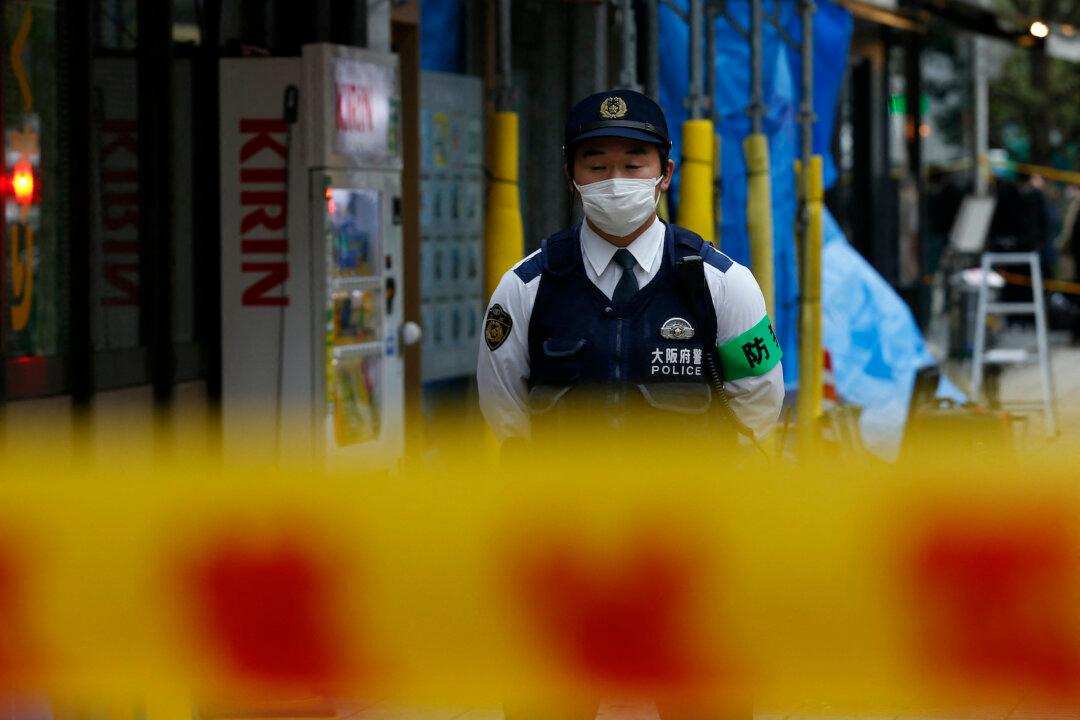Wang Jun, the head of China’s top tax agency, has been removed amid widespread dismissals of top officials in both state-level and provincial tax systems.
Political observers suggest such replacements indicate factional turmoil within the Chinese Communist Party (CCP) over the regime’s finances.




